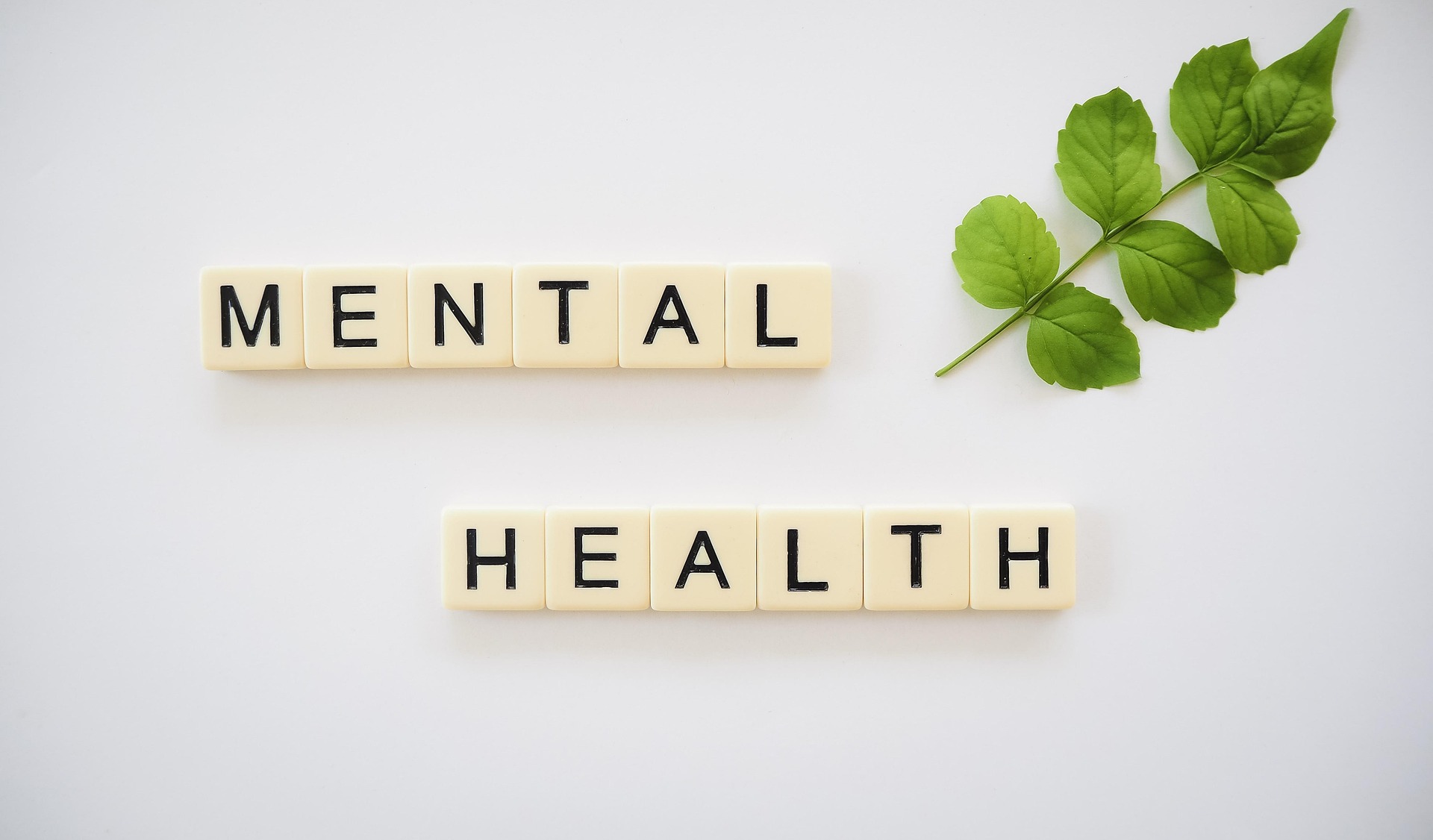The feeling of freedom is one of the most important pillars of human well-being. In a world where control, social pressure, and external demands are constant, feeling free to make decisions, express emotions, and build one’s own path can make a huge difference in mental health. But what exactly is the relationship between freedom and emotional balance? This article explores how freedom directly influences our psychological state and how we can foster it in everyday life.
What Does Freedom Mean in the Context of Mental Health?
Freedom in this context goes beyond political or legal aspects. We are talking about psychological and emotional freedom — the ability to live authentically, with room for personal choices and without internal or external repression. When people live under excessive constraints — whether due to rigid social norms, oppressive environments, or constant self-criticism — it can lead to distress, anxiety, and low self-esteem.
Mental freedom allows individuals to explore their own ideas, make decisions aligned with their values, and face challenges with greater resilience. It’s about living autonomously, while respecting oneself and one’s emotional needs.
The Importance of Environment for Emotional Freedom
Environments that promote emotional freedom are essential for well-being. Families, schools, workplaces, and communities that encourage active listening, respect for differences, and open dialogue support the development of more stable mental health.
On the other hand, authoritarian environments where divergent opinions are not welcomed can generate feelings of frustration and helplessness. This can directly affect mood, motivation, and even the ability to connect with others.
Autonomy and Self-Esteem: A Vital Connection
Autonomy is directly linked to self-esteem. When someone feels free to make decisions, take action, and voice opinions, they are more likely to feel capable and valuable. This strengthens self-confidence, which is essential for dealing with emotional challenges and maintaining psychological balance.
Conversely, the lack of autonomy can lead to emotional dependence, fear of judgment, and persistent feelings of inadequacy. Cultivating freedom in small daily choices can be an important step toward building stronger self-esteem.
Freedom’s Impact on Stress and Anxiety
Studies in psychology have shown that individuals who feel more in control of their lives tend to have lower levels of stress and anxiety. This happens because the perception of control is related to the sense of efficacy — the belief that we can influence what happens around us.
When a person feels they have no choice or voice, stress intensifies as they perceive themselves as a victim of circumstances. Creating environments — both internal and external — that support decision-making is an effective strategy to prevent emotional distress.
How to Cultivate Freedom in Daily Life
The good news is that emotional and mental freedom can be stimulated through simple daily actions. Here are some practices to help promote psychological autonomy:
1. Practice Self-Knowledge
Reflecting on your own feelings, values, and boundaries is the first step toward breaking free from imposed patterns or automatic behaviors. Self-awareness allows you to make decisions that align with your true self.
2. Set Healthy Boundaries
Saying “no” when necessary is a way to protect your emotional freedom. Respecting your physical and emotional limits prevents the buildup of stress and resentment.
3. Make Conscious Choices
Take a moment each day to make small yet meaningful decisions — what to eat, how to organize your time, who to connect with. These choices strengthen your sense of autonomy.
4. Listen to Yourself Without Judgment
Allow yourself to listen to your own thoughts and emotions without criticism. This practice reduces self-judgment and creates an internal space that is freer for reflection and emotional expression.
5. Value Your Own Goals
Socially valued paths aren’t always the best for everyone. Setting personal goals based on your genuine desires is a way to honor your freedom.
The Relationship Between Freedom and Belonging
It may seem contradictory, but freedom and the feeling of belonging go hand in hand. When we feel accepted for who we really are — without masks or pressure to conform — we can be truly free within relationships.
Environments that respect individuality tend to foster healthier connections. Interactions become lighter when there’s no pressure to fit into molds. This strengthens social bonds and contributes to emotional balance.
The Danger of Excessive Freedom Without Responsibility
It’s important to remember that freedom doesn’t mean the total absence of rules. Without responsibility or empathy, freedom can turn into extreme individualism, which compromises social harmony.
Healthy emotional freedom is always associated with respect — for your own feelings and for the boundaries of others. Living autonomously also requires empathy, awareness, and accountability.
How Freedom Influences Life Purpose
People who live freely tend to find more meaning in their activities. This is because they feel like protagonists in their own stories, capable of making authentic choices and forging their own paths.
Having the freedom to explore talents, change careers, start projects, or pursue new passions is directly related to a sense of purpose. And purpose is one of the most relevant factors for lasting mental health.
Final Reflections: Creating Spaces for Emotional Freedom
Creating internal and external spaces for emotional freedom is a direct investment in mental health. This doesn’t require grand changes, but rather small, conscious daily gestures: listening to yourself more attentively, respecting your own pace, valuing personal choices, and nurturing respectful relationships.
Freedom is not a distant privilege — it can be built every day through authentic and mindful living. And the freer we feel, the better prepared we are to navigate life’s ups and downs with balance, courage, and empathy.

